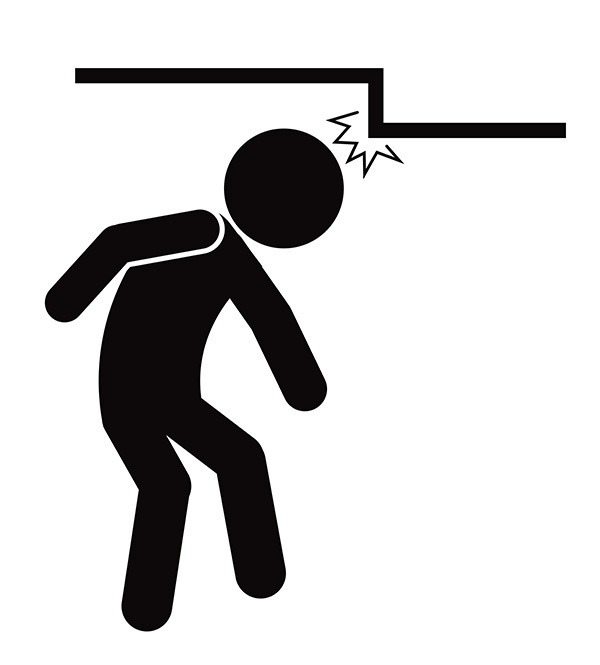 Anesthesiologists
Anesthesiologists
Engage anesthesia group to expand volume
Editor's Note Consistent case volume is the lifeblood of any successful ambulatory surgical center (ASC), but one often overlooked limiting factor in driving ASC volume is the anesthesia group, according to Michael Bernard, MD, in the September 2025 issue of Surgical Business. Staffing shortages of anesthesia professionals are a major…
Report: Hospitals can cut anesthesia costs, burnout through tech-driven partnerships

Editor's Note Hospitals can reduce anesthesia costs by up to 30% and significantly curb provider burnout by embracing technology-enabled collaboration with anesthesiology practices, Surgical Directions August 27 reports. The report outlines how rising demand, workforce shortages, and variable pay structures have pushed anesthesia expenditures up sharply in recent years. Traditional…
New studies highlight opportunities to improve pediatric anesthesia safety, comfort

Editor's Note Artificial intelligence (AI) and evidence-based fasting practices could significantly enhance safety and comfort for children undergoing surgery, according to research presented at the ANESTHESIOLOGY® 2025 annual meeting that took place on October 10–14. One study found AI systems outperform standard methods in key pediatric anesthesia tasks, including selecting…
Social and behavioral factors emerging as key predictors of recovery quality after surgery

Editor's Note Patients’ social conditions, language, and sleep patterns may play a larger role in surgical recovery than previously recognized, according to three studies presented at the ANESTHESIOLOGY® 2025 annual meeting that took place on October 10–14. Researchers from the University of California, San Diego, found patients facing food insecurity…
Endoscopy case highlights risks of complex patients in ASCs

Editor's Note A malpractice case involving a 69-year-old man undergoing an endoscopy at an ambulatory surgery center (ASC) spotlights the risks of managing high-comorbidity patients outside a hospital setting. According to a May 13 report in Anesthesiology News, the patient experienced a hypoxic event that led to permanent brain injury…
Hidden head injury hazards expose cracks in OR safety culture

One of the most sobering moments in the career of anesthesiologist Cornelius Sullivan, MD, occurred not as a caretaker in the OR, but as a patient in the emergency department. Having been knocked out cold by a low-hanging monitor during a surgical procedure at Boston Children’s Hospital, he had to…
Partnership with Epic fuels ASA’s push for smarter, safer anesthesia

Editor's Note The American Society of Anesthesiologists (ASA) has partnered with Epic to launch the Anesthesia Community Registry (ACR), which is designed to enable easier data collection, benchmarking, and insight generation at scale. Powered by Epic’s new Community Registries platform, the ACR will complement ASA’s existing National Anesthesia Clinical Outcomes…
Study: Surgeon-anesthesiologist familiarity could reduce complications in select surgeries

Editor's Note Greater familiarity between surgeons and anesthesiologists was associated with reduced major morbidity in certain high-risk procedures, according to a Canadian retrospective cohort study published in JAMA Surgery. As detailed in a May 28 report from MedPage Today, the population-based analysis included more than 711,000 index procedures, finding an…
Study: No significant link between GLP-1 drugs, postoperative aspiration pneumonia

Editor's Note Preoperative use of GLP-1 receptor agonists was not significantly associated with an increased risk of aspiration pneumonia or acute respiratory failure after surgery, according to a March 4 report in MedPage Today. The article focuses on a retrospective cohort study of over 366,000 surgical patients found no meaningful…
Study: Prolonged general anesthesia linked to long-term cognitive decline

Editor's Note Prolonged exposure to general anesthesia during surgery contributes to long-term cognitive decline, affecting executive functioning, selective attention, mental speed, and information processing, according to a February 18 study published in the European Journal of Anaesthesiology. This prospective longitudinal cohort study followed 1,823 adults aged 25–84 in the Netherlands…

 Free Daily News
Free Daily News